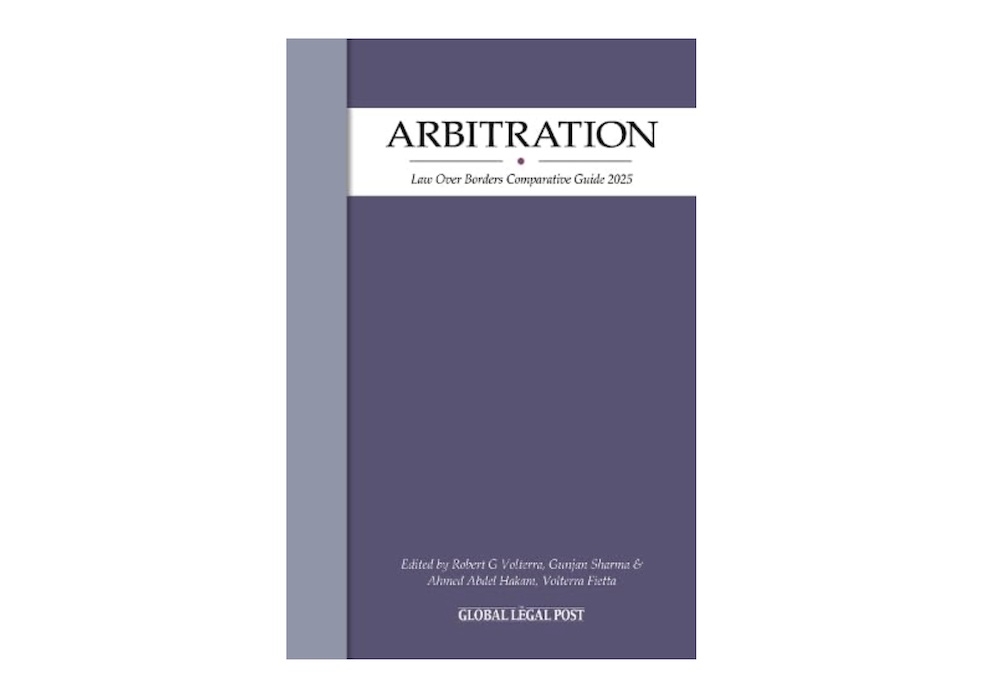The first speaker was Ms Penelope Nevill, a distinguished barrister at Twenty Essex Chambers. With an emphasis on English law and international law, Ms Nevill discussed how debt obligations and contracts might be affected by the existence of armed conflict and the UK and EU sanctions regime. Her discussion explained the principles that underlie the Trading with the Enemy Act, the relevant rules of the international law of armed conflict and the common law doctrines of illegality, frustration and impossibility. Ms Nevill also discussed recent cases such as Law Debenture Trust Corporation v Ukraine [2019] QB 1121 (CA), Lamesa Investment Limited v Cynergy Bank Limited [2019] EWHC 1877 (Comm), Ministry of Defence v IMS Ltd [2019] 1 WLR 6409 and investor-State arbitrations brought against Russia for its activities in Crimea.
The second speaker was Dr Maria Fogdestam-Agius, a lawyer at Volterra Fietta. Dr Fogdestam-Agius’s presentation can be found 21 minutes and 16 seconds into the recording. She described the risks that claims arising out of international human rights law might create for financial institutions, even when the financial institutions do not have operational control of the underlying borrower. This included a discussion of human rights-related class action lawsuits before North American and European courts, as well as EU directives and domestic laws that require certain institutions to adopt international standards of human rights due diligence and non-financial reporting requirements. Dr Fogdestam-Agius concluded with specific recommendations for how financial institutions can reduce the risk of reputational and other injuries arising out of claims based on international human rights.
The third speaker was Mr Gunjan Sharma, a lawyer at Volterra Fietta. Mr Sharma’s presentation can be found 40 minutes and 25 seconds into the recording. Mr Sharma discussed the negotiating dynamics in play when international organisations make longer-term or recurring financing commitments to borrowers but still seek to preserve the full extent of charter immunity. Using jurisdiction and venue clauses often found in agreements with the International Finance Corporation as an example, Mr Sharma explained the issues raised for borrowers who want a forum to enforce an international organisation’s contractual lending commitments in the face of the organisation’s broad assertion of immunity. Mr Sharma concluded by asking a question: given the ambiguity as to whether debtor actions are precluded by the charter immunity of some international organisations, might international organisations and borrowers both benefit from including limited forum selection clauses and limited waivers of immunity in borrowing agreements?
For further information about this seminar and other issues related to public international law and financing, please contact Robert G. Volterra, Gunjan Sharma or Maria Fogdestam-Agius at info@volterrafietta.com.



